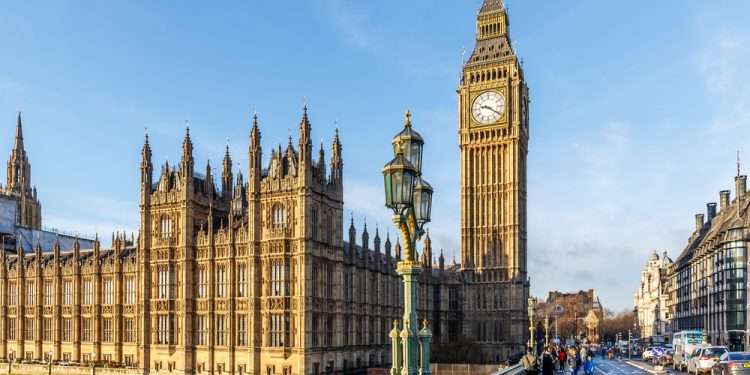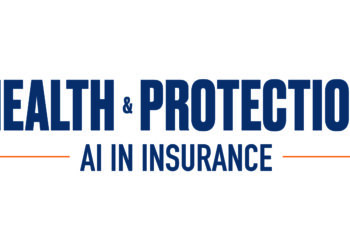The government has set a target of treating 30% more elective patients than before the pandemic by 2024/25 through the launch of a new health and social care levy paid for by a 1.25% increase in National Insurance.
Addressing Parliament earlier today, prime minister Boris Johnson revealed that from next April, a new UK wide 1.25% health and social care levy on earned income will be introduced which will raise almost £36bn over the next three years, with money from the levy going directly to health and social care across the UK.
Johnson added better off business owners and investors would also be asked to make a “fair” contribution.
Under the plans, while the highest earning 14% will pay around half the revenues, Johnson said low earners and small business will be protected as no-one earning less than £9,568 and 40% of businesses will pay anything at all.
However, the plans have been widely criticised including from within the Conservative party for placing the burden of funding care fees for the weathiest on those earning below average incomes.
Turning to social care, the PM revealed that from October 2023, no-one starting care will pay more than £86,000 over their lifetime and no-one with assets of less than £20,000 will have to make any contribution from their savings or housing wealth – up from the current amount of £14,000.
Anyone with assets from £20,000 and £100,000 will be eligible for some means tested support.
“Today we are beginning the biggest catch up programme in NHS history – tackling the Covid backlogs by increasing hospital capacity to 110% and enabling 9m more appointments, scans and operations,” the PM told Parliament.
“As a result, while waiting lists will get worse before they get better, the NHS will aim to be treating around 30% more elective patients by 2024/25 than before Covid.
“This won’t be pay awards for middle management, it will go straight to the frontline.
“It will enable radical innovation to improve the speed and quality of care including better screening equipment to diagnose serious diseases such as cancer more quickly, designated surgical facilities so non urgent patients are no longer competing with A&E, faster GP access to specialists so you don’t have to wait months to see someone in hospital to find out whether something is wrong, and new digital technology too so doctors can monitor patients remotely in their home.”
Elaborating on his reasons for the new levy, the Johnson claimed the UK cannot solely rely on private insurance as demand would be too low to offer an affordable price, while a universal system of free care for all would prove “needlessly” expensive when those who can afford to contribute to their care should do so.
He added that government is setting a limit on what people can be asked to pay for social care and will be working with the financial services industry to innovate to help people to insure themselves against expenditure up to that limit.
And he further revealed an integration of health and care in England, with health and social care secretary Sajid Javid set to bring forward a white paper on integration later this year.






